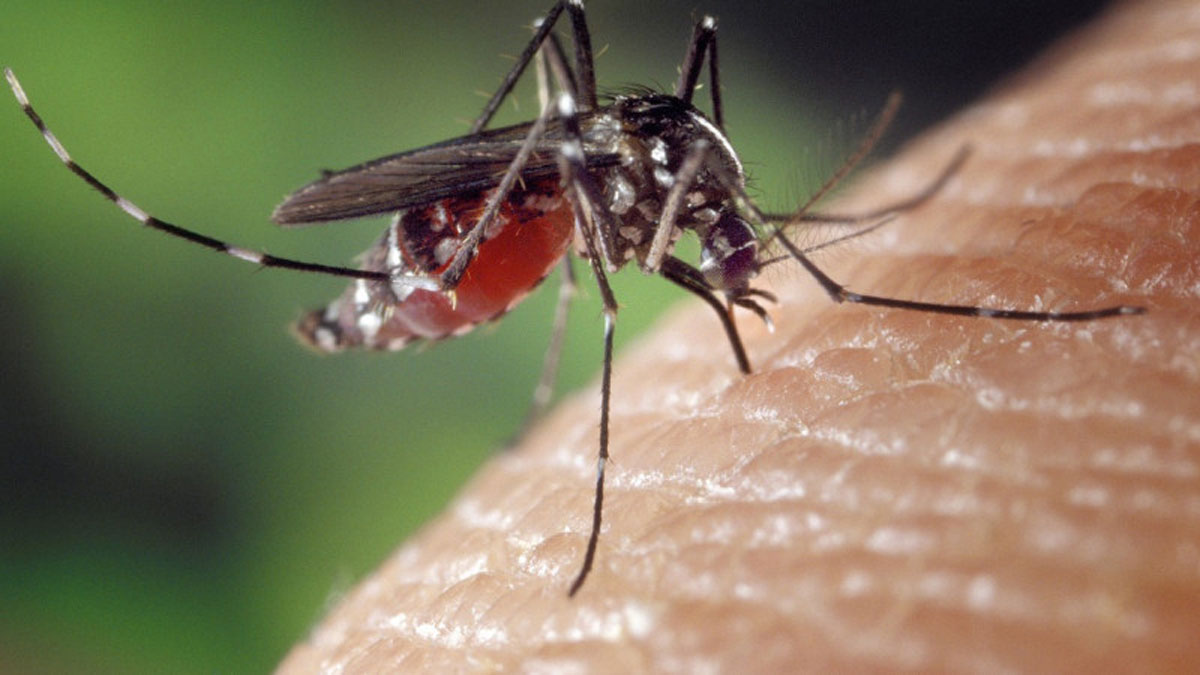When traveling abroad, many tourists forget about prevention, which is why they often face infection with dangerous diseases and infections. The most common of them are infectious and parasitic, as well as hepatitis A. This was told by the doctor of medical sciences, an infectious disease specialist.
According to the expert, when planning a trip, you should first of all study what diseases are common in a particular region, as well as consult a doctor who will prescribe the necessary examinations and drugs to prevent infections and viruses.
“For example, in Africa, Asia, and the Middle East, malaria is common. This infectious disease is transmitted through the bites of mosquitoes that live in tropical regions. Drugs for the prevention of malaria should be taken long before the trip. Self-medication is useless, and without timely intervention, the disease can lead to death”, – the infectious disease specialist warned.
He noted that tourists often encounter parasitic infections while traveling, especially common in tropical countries, where about 2 million people die from them every year.
“To avoid dysentery, diphtheria, and typhoid fever, it is necessary to eat only in trusted establishments and thoroughly wash fruits with boiled or bottled water. You should also not drink drinks with ice,” the expert recommended.
It is possible, according to him, to become infected while traveling with an African sleeping sickness, the carrier of which is the tsetse fly. The causative agent of the disease enters the body through an insect bite. At the initial stage, fever, and pain in the body appear, and later the infection affects the nervous system. Convulsions, paralysis, and epileptic seizures are possible. The name “sleeping sickness” is also no coincidence: a person feels very tired and can sleep for about 20 hours a day. In the future, this state passes into a coma and death.
“In the least developed countries, about half of the tourists become infected with hepatitis A. The virus enters the body through water, food, or contact with an infected person. To prevent the disease, you need to be vaccinated at least two weeks before the trip. When traveling to hot countries, one should also not forget about SPF, the scorching sun can provoke not only a burn but also skin cancer,” the doctor warned.

